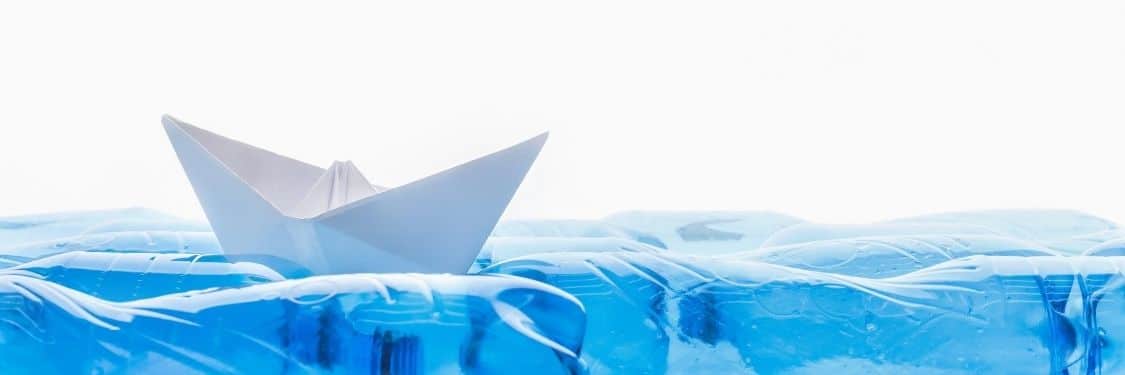Pieces of rubbish that are not managed well and disposed of properly may end up in bodies of water. Even if people don’t directly throw waste in the ocean, a wave of rubbish would still manifest after some time.
In the data collected in 2016-2017 from coastal cleanups, Australian beaches were estimated to have more than 2.5 million of rubbish debris, with plastic junk amounting to about three-quarters of this volume.
This data is backed up by the research that shows around eight million metric tons of plastic waste ending up in the ocean every year. That’s about 1,580 kg of plastic junk thrown in Australian waters every hour.
Common Ocean Rubbish
No matter what type of rubbish reaches the ocean, rubbish is waste, and they cause nothing but the destruction of the environment. The most common rubbish items found in the ocean include:
- Plastic bottles
- Bottle caps
- Cigarette butts
- Plastic and foam food packaging
- Fishing nets
- Rope
- Packing materials
- Candy wrappers
- Plastic bags
- Plastic microbeads
Effects of Rubbish in the Ocean
Rubbish is harmful to the environment, and much more to marine life when pieces of rubbish reach water bodies. The ocean is wide and unpredictable, so any marine debris present in or near the water may be destructive to marine ecosystems.
Below is a list of perils that rubbish introduces to the ocean ecosystem.
Habitat Destruction
Rubbish is a major contributor to marine pollution. Whether they are floating or have deposited underwater, the result is the same: habitat destruction.
Polluted waters can severely affect the habitat of fishes and marine mammals. It can alter the living conditions underwater such as the light, oxygen levels, and temperature. Aside from that, rubbish and plastic pollution also threatens the life of marine animals and plants.
When these marine creatures decrease in number and become endangered, the food chain becomes disrupted and other animals may also become affected.
Entanglement of Animals
Animals such as turtles, marine mammals and seabirds can be caught up and get trapped in the rubbish in the oceans. Entanglement with junk causes creatures to have limited mobility or be amputated.
Because of these, fishes and other marine animals may not be able to move quickly to evade predation. Moreover, they may also suffer from infection and starvation if they are not freed from being trapped. Similarly, seabirds caught in fishing nets and other marine debris may drown and die due to loss of oxygen.
Ingestion by Marine Creatures
In search of their sustenance, fishes, turtles, seabirds, and other marine species may mistake pieces of junk for food. When rubbish becomes ingested, it may block the animal’s air passage and stomach, causing suffocation and eventually, death.
Plastic rubbishes are largely confused by marine animals as tasty treats. Because plastic materials take a long time to decompose, they may accumulate in the digestive system of animals and reduce their stomach capacity. This condition would impair their eating habits and, in the long run, cause the animals to starve and then die.
Conclusion
Plastic waste is a major contributor to the destruction of oceans in Australia. How these pieces of junk end up in the bodies of water is not a mystery. Because of our carelessness and improper disposal of waste, each of us is to be blamed for the degradation of the country’s oceans.
Paul’s Rubbish Removal is your reliable rubbish removal company when it comes to taking care of the environment. We make sure that all the rubbish we collect from your house is treated and disposed of sustainably.
Aside from being environmentally-friendly, our team of expert and dedicated rubbish removalists are also efficient and trustworthy when it comes to rubbish removal.
For all your household rubbish removal needs, please call us 0407 125 125 or email us at info@paulsrubbish.com.au. Let us do the rubbish removal for you and let us both save the environment.







